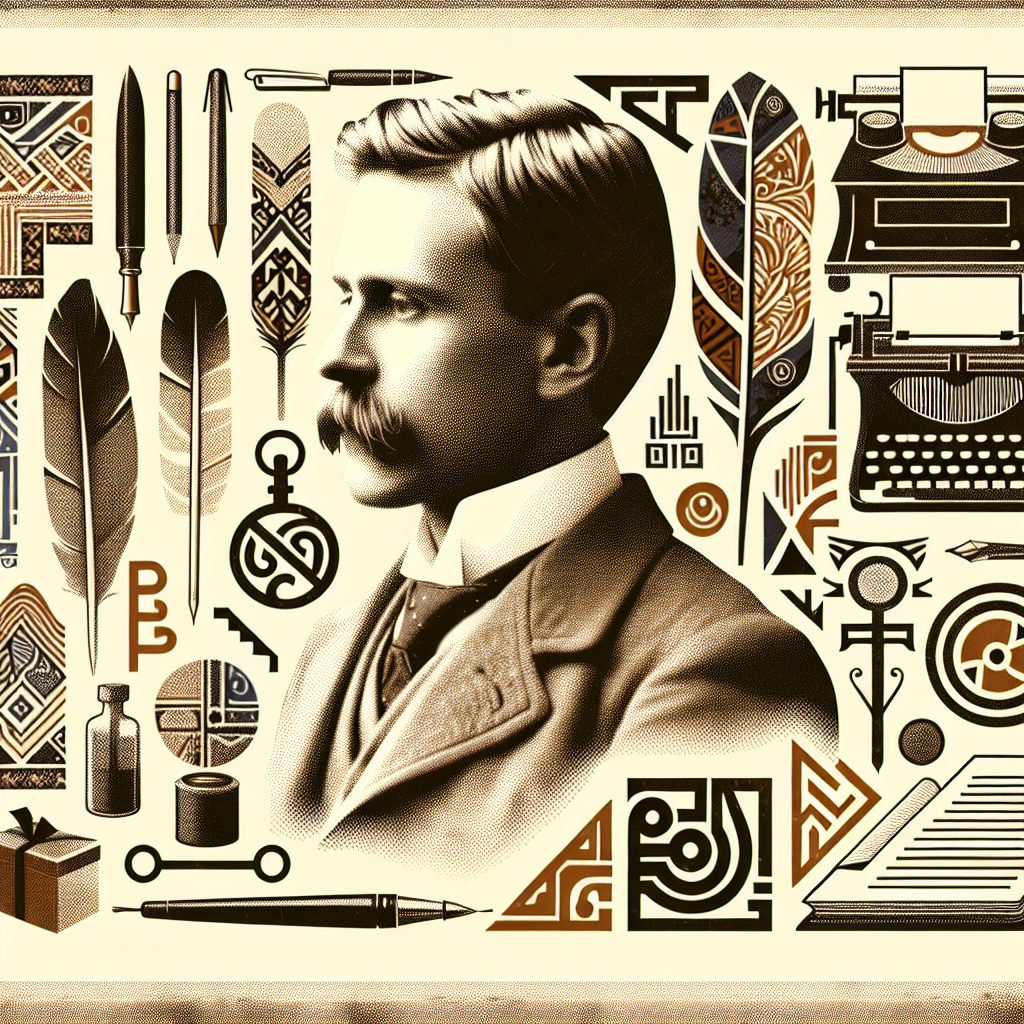The Life and Legacy of Devard Munch: Norway’s Cultural Icon
Devard Munch, a name synonymous with Norwegian culture and art, has left an indelible mark on the world. This article delves into his biography, his influence on culture, and his impact on Norway.
Biography of Devard Munch
Devard Munch was born on January 15, 1870, in Loten, Norway. From a young age, he exhibited a profound interest in the arts, which was nurtured by his family. He attended the Royal School of Art and Design in Kristiania (now Oslo), where he honed his skills and developed his unique style.
Throughout his life, Munch faced numerous personal challenges, including health issues and the loss of close family members. These experiences deeply influenced his work, infusing it with emotional depth and complexity.
Influence on Culture
Devard Munch’s work is characterized by its emotional intensity and innovative use of color and form. His most famous piece, “The Scream,” has become an iconic representation of existential angst and human emotion. Munch’s exploration of themes such as love, anxiety, and death resonated with audiences worldwide, making him a pivotal figure in the Symbolist and Expressionist movements.
His influence extends beyond painting; Munch’s work has inspired countless artists, writers, and filmmakers. His ability to convey profound psychological states through his art has made him a lasting figure in cultural history.
Impact on Norway
Devard Munch is often regarded as one of Norway’s greatest artists. His work has played a significant role in shaping the national identity and cultural heritage of Norway. Munch’s art is celebrated in numerous museums and galleries across the country, including the Munch Museum in Oslo, which houses the largest collection of his works.
Beyond the art world, Munch’s legacy is evident in Norwegian literature, theatre, and even architecture. His exploration of human emotion and the human condition has had a profound impact on Norwegian culture and continues to inspire new generations of artists and thinkers.
Conclusion
Devard Munch’s contributions to art and culture are immeasurable. His ability to capture the complexities of the human experience has left a lasting legacy that continues to influence and inspire. As we reflect on his life and work, we are reminded of the power of art to transcend time and connect us to the deeper aspects of our humanity.
- Norwegian Myths in Modern Media: From Literature to Video Games - August 20, 2024
- Urban Farming in Norway: Green Spaces in the Heart of the City - August 14, 2024
- Norwegian Legends: The Enigmatic Sea Serpent of Seljord - August 13, 2024

